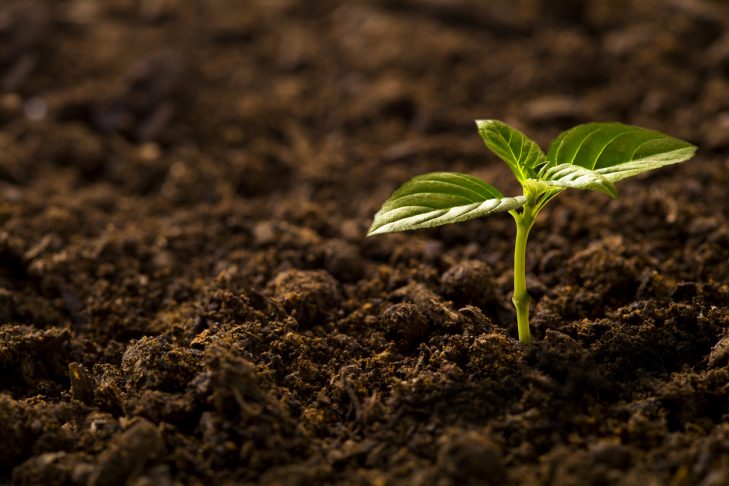With all that is going on and being talked about, Martin Luther King Day feels particularly fraught this year. As we sometimes say about the Jewish calendar, Dr. King Day is right on time this year. With the controversies surrounding intersectionality, anti-Semitism and inclusion in the most recent Women’s March, the awful display of disrespect against Native American elder and Vietnam veteran Nathan Phillips and the near-constant stream of anti-Muslim and anti-immigrant invective flowing from the White House, I relished this opportunity to spend unhurried time with my sons talking about social justice on the forest level and working for justice on the tree level. (We spent the day preparing food for local shelters and food banks, a task that felt particularly necessary on a brutally cold day in the midst of a government shutdown that is depriving many workers of their livelihoods.)
It was precious and meaningful to connect with the boys on this level—something that I am embarrassed to say I don’t do nearly enough—and gratifying that both felt the import of what they were doing today and were interested in doing more of the same. As today is also a Monday—and hence a day when Torah is read—I have also been thinking about today’s passage from Parashat Yitro, particularly about the names of Moses’s two sons. They are Gershom and Eliezer. Gershom means “stranger there,” as in, “I was a stranger there,” and Eliezer means, “my God is my help.” Taken together, those two names create an instant commentary on why I strive to do social justice work, the two ideas combining in a statement of fortune-cookie-like brevity. Caring for strangers allows us to be God’s helpers.
That it is also Tu B’Shevat gives us another source of inspiration. At the close of today’s project, the organizers gathered everyone together and gave us a chance to reflect on the meaning of the endeavor. One teen participant spoke eloquently, pointing out that although we are doing this work in his honor, Dr. King has no idea that this is happening. His contribution, powerful as it was in his lifetime, has moved out well beyond the boundaries of what he could know about. My mind immediately jumped to Honi the Circlemaker, who once encountered a man planting a carob tree, which takes 70 years to bear fruit. He questioned why the man would plant a tree whose fruit he would never see, and the man replied, “I do it for my children and grandchildren, and because somebody planted the trees that I enjoy.”
May we use this day, and every day, to plant the seeds of justice and tend them lovingly, even if we doubt we will see their fruits.
Previously published on Jewish Themes.
This post has been contributed by a third party. The opinions, facts and any media content are presented solely by the author, and JewishBoston assumes no responsibility for them. Want to add your voice to the conversation? Publish your own post here. MORE



